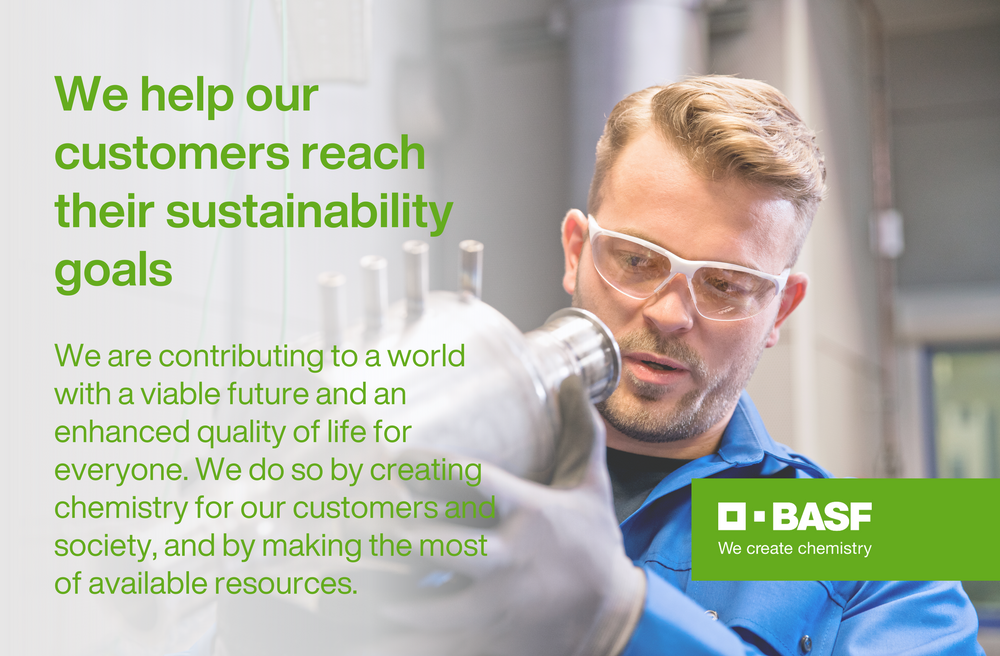14 October 2021

Norway’s climate vision presented by incoming Støre-government
Jonas Gahr Støre and his new Government have presented a declaration for their term of office in the Hurdal platform. As expected, the government’s climate measures primarily regard Norway’s oil- and gas policies. The main policies announced were to;
- Continue with Solberg-government’s oil policies regarding prospecting of new petroluem areas.
- Reducing Norwegian emissions by 55% compared to the levels from 1990.
- Reduction of fuel taxes
- Continue with Solberg-government’s target to increase carbon taxes to NOK 2,000 per tonne by 2030.
The prospecting of oil and gas will continue, the industry is in need of development not phasing out, argue the two dominant coalition-parties (Labour- and Centre party) on the platform.
Drivkraft Norge, an association that represents the interests of fuel and energy companies in Norway, supported the declaration, referencing clear signals for increased investments in bioenergy and biofuels. However, several environmental organisations were disappointed. It conflicts directly with the International Energy Agency (IEA) directives, according to Lars Haltbrekken, representative from the Socialist Left party. The criticism aligns with the opinions of representatives from environmental organisations Truls Gulowsen, Head of Naturvernforbundet, and Frode Pleym, Head of Greenpeace Norway, claim that the platform is steering Norway’s climate vision in the same direction as Erna Solberg, with continued oil prospecting and degradation of Norway’s nature (Dagbladet, The world news, Dagsavisen, NTB Kommunikasjon).
New Norwegian Government will not approve new power interconnectors with foreign countries
The Hurdal platform also included an announcement that no new interconnection links will be approved, and that Statnett, the national system operator of Norwegian power systems, will own and operate them to ensure that the power development falls under national decision-making processes. This cease-to-expand decision regards coast-to-coast cables - not cables for offshore wind.
Additionally, the government looks to remove the Guarantee of Origin (GoO) system in Norway, adopted from an EU-directive. GoO are tradable instruments for evidencing the origin of electricity generated from renewable energy sources. However, as the electricity production in Norway is sourced from 98% renewable energy sources, domestic electricity retailers are paying continental prices for certificates that do not provide a direct environmental benefit in Norway. (TU).
Svenska kraftnät tasked with expanding Sweden’s transmission network for future offshore wind-based electricity
The Swedish government has tasked Svenska kraftnät, the Transmission System Operator (TSO), with expanding the transmission network within Sweden’s territorial waters. With the increasing contribution of offshore wind-based in the nation’s electricity mix, Svenska kraftnät will conduct the preparatory work for expanding the transmission network at sea. The mission is to be presented to the Ministry of Infrastructure at latest 15 June 2022 (Press release)
Hydrogen boats: TECO 2030 signs supply frame agreement with Chemgas Shipping
TECO 2030 has signed a supply frame agreement with Chemgas Shipping for the delivery of fuel cells for hydrogen boats on the Danube. The agreement may result in the sale of fuel cell modules with a total capacity of 200 MW, installed in up to 120 transport barges and 40-60 tugboats. TECO 2030 plans to manufacture the fuel cell modules in their Narvik facility by the end of 2022 and deliver the first modules in 2023. The financial potential of the agreement is expected to generate €150 million in revenue in the coming 3-8 years according to Tore Enger, CEO of TECO 2030 (E24).
European Commission presents toolbox of measures amid rising energy prices
The European Commission announced a Communication on Energy Prices to tackle the rising energy prices by presenting a “toolbox” that Member states can use to address immediate price increases and strengthen resilience against future energy shocks. The Commission says that the short- and medium-term measures highlighted in the press release will ultimately contribute to an affordable, just, and sustainable energy transition for Europe as well as a greater energy independence (Press release).
Scatec signs agreement for hydrogen project in Egypt
Scatec has signed an agreement with Fertiglobe and the state-owned fund, TSFE for the development of a green hydrogen facility in Egypt. The three partners will develop the 50-100 MW facility, where the hydrogen is to be used for the production of green ammonia. They will seek support for required regulatory approval from the Egyptian government, with an expected financial investment decision in 2022, and start-up for the hydrogen facility is targeted in 2024 (Press release).
Volvo, SSAB and Ovako unveil first fossil-free steel vehicle
At a green steel collaboration launch event in Gothenburg, Volvo Group unveiled its first fuel-cell vehicle manufactured with fossil-free steel from SSAB, which makes use of surplus fossil-free hydrogen from Ovako. The EU Commissioner for the Internal Market, Thierry Breton attended, commenting on Sweden’s demonstrably important role in showcasing that Europe is leading the way in this area. Several fossil-free vehicles are expected on the market in the year of 2022, according to Volvo. (Dagensps, Jernkontoret).
What we’re reading
- Evraz steel mill in US to be powered by BP solar project (lse.co.uk)
- Universal Hydrogen to start testing fuel cells in passenger jet (Financial Times)
About Nordic Green News
The Nordic countries are some of the most dynamic and successful economies in the world. They are also leaders in sustainability, from renewable energy, biofuels, carbon capture and storage and the hydrogen economy, circular economy business models and battery development, the Nordics are pioneers in policy design, technology development and consumer uptake. Mundus Nordic Green News is covering this transition for the international community. Every day we clip the stories of most relevance to international businesspeople and policy experts from the flow of news. Mundus Nordic Green Indices summarise the meta-data from our daily coverage to enable easy tracking of trends. We supplement these with our own opinion pieces and commentary.
